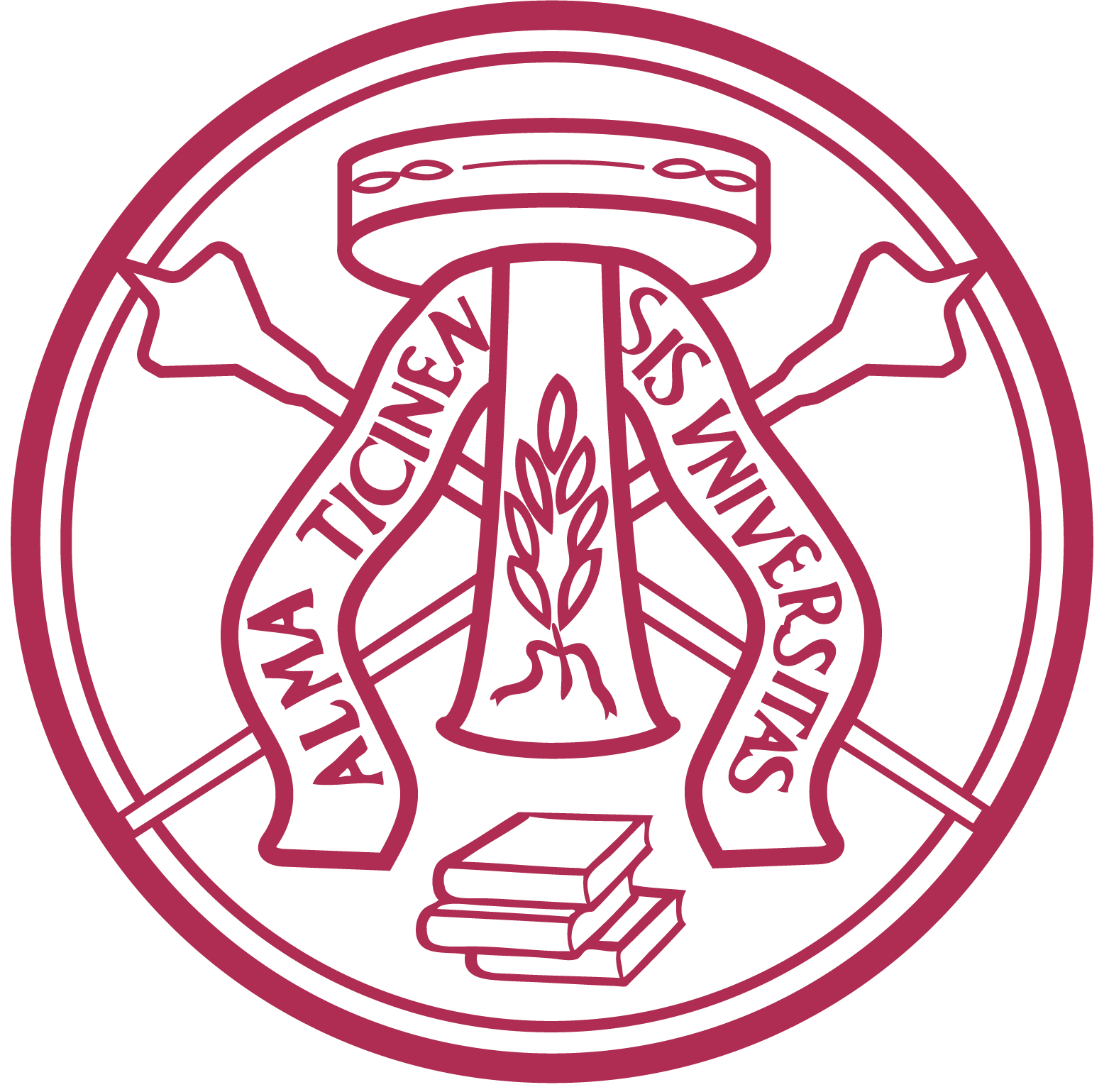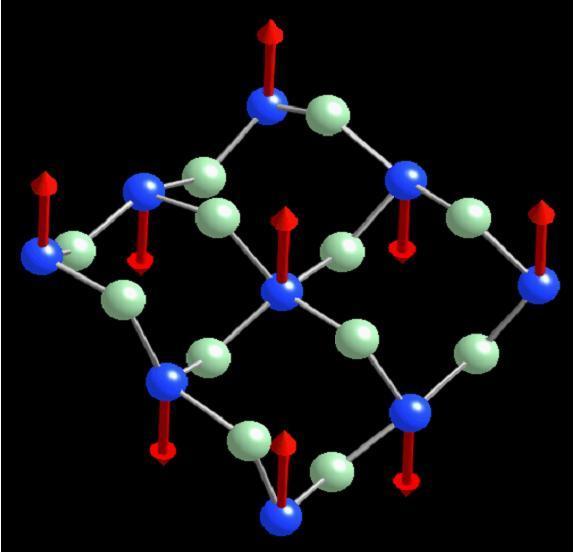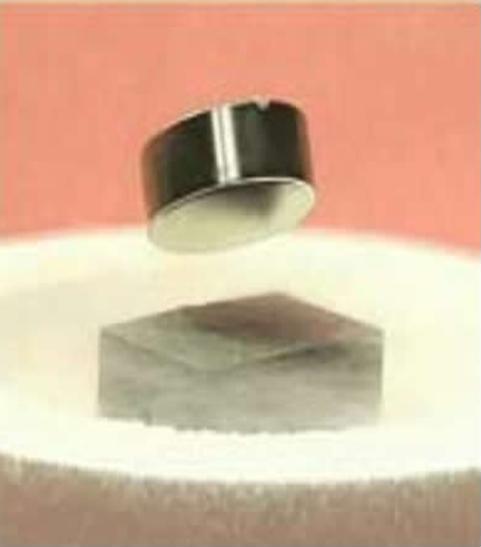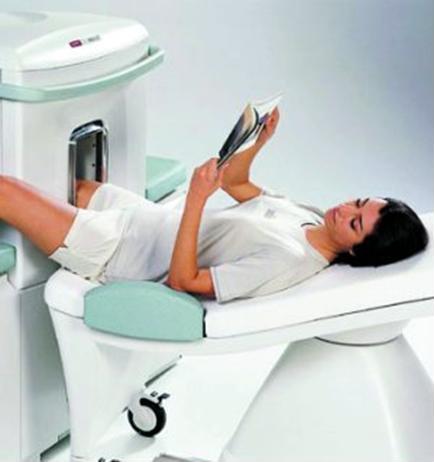Experimental Physics of Matter: NMR-NQR
The group is involved in several research activities in the field of condensed matter physics and more specifically on the study of phase transitions, magnetism and superconductivity. The experimental techniques employed range from NMR-NQR to alternative methods for local microscopic characterization (such as mu-SR, i.e. muon spin resonance), or macroscopic techniques such as SQUID (superconducting quantum interference device) magnetometry, adiabatic calorimetry, MRI (magnetic resonance imaging). Moreover, an innovative broad-band EPR technique with an anticavity is under development. Such techniques allow, for example, to investigate the behaviour of the order parameter in the ordered magnetic or superconducting phases, to analyze the local spin polarization in molecular nanomagnets, to derive information on the low-frequency excitations in strongly correlated electron systems, and to study the critical behaviour of different materials on approaching a phase transition.
Superconductivity is among the most complex and intriguing phenomena in solid state physics, and its full understanding is still elusive, especially for what concerns the phenomenology observed in materials with a high critical temperature (high-Tc superconductivity). Concerning the physics of superconductors, the group investigates the basic microscopic properties, with particular emphasis on spin correlations, superconducting fluctuations, vortex dynamics, and the effects of substitutional impurities, grain and nanoscale disorder.
Strongly correlated electron systems also represent an interesting field of investigation, in particular low-dimensional organic conductors and heavy fermion compounds. Magnetic interactions are among the most complex physical mechanisms when dealing with microscopic properties of material systems. In the generic field of magnetism, attention is currently given to low-dimensional frustrated systems as well as to planar charge- and spin-doped systems. Another topic of current interest is the investigation of molecular nanomagnets, which is relevant both from the viewpoint of magnetism foundations, for the statistical physics involved and from the prospective applications of single nanomagnets as qubits for quantum computation and information processing. Further studies are related to the usage of molecular magnets for MRI biomedical diagnostics. In this latter area the group has been recently involved in the development of dynamical nuclear polarization, a technique which has recently opened the route towards in vivo molecular imaging.
Staff: P. Carretta, M. Corti, A. Lascialfari, M. Moscardini, S. Sanna






